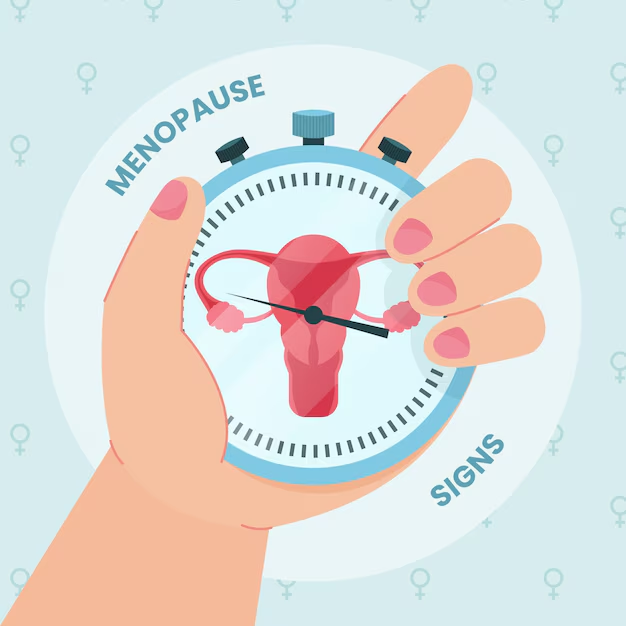Using relaxation techniques like deep breathing

Your menstrual cycle is not just a biological rhythm—it’s also deeply tied to your emotions, mood, and overall mental well-being. As your hormones shift throughout the month, it’s common to experience irritability, anxiety, sadness, or mood swings. While tracking your cycle can help you prepare for these emotional shifts, pairing it with intentional self-care can transform your experience. One of the simplest yet most powerful tools? Relaxation techniques like deep breathing.
Why Your Mood Shifts During Your Cycle
Throughout the menstrual cycle, estrogen and progesterone levels fluctuate. These hormonal changes can affect neurotransmitters like serotonin—the "feel good" chemical in the brain. As a result, you might feel more emotional or sensitive, particularly in the luteal phase (the week or so before your period).
Rather than fighting these changes, try embracing them with gentle awareness. That’s where deep breathing comes in.
What Is Deep Breathing?
Deep breathing—sometimes called diaphragmatic breathing or belly breathing—is a technique where you slow down your breath, breathing deeply into your abdomen rather than your chest. It signals to your nervous system that you are safe, helping your body shift from "fight or flight" to "rest and digest."
How Deep Breathing Helps During Your Cycle
Here’s how incorporating deep breathing into your routine can ease your menstrual journey:
🌸 1. Reduces Stress and Anxiety
Hormonal fluctuations can make your nervous system more sensitive. Deep breathing helps regulate your cortisol (stress hormone) levels and calm your mind.
🌸 2. Balances Mood Swings
Practicing a few minutes of deep breathing each day—especially during PMS—can help you regain emotional balance. It increases oxygen flow to your brain and helps regulate the emotional centers.
🌸 3. Improves Sleep
Hormonal changes can also disrupt sleep. Deep breathing promotes relaxation before bed, helping you fall asleep faster and enjoy better quality rest.
🌸 4. Eases Physical Discomfort
Menstrual cramps or body aches can cause tension in your body. Deep breathing helps relax tense muscles and reduces pain perception, making you feel more at ease.
How to Practice Deep Breathing
Try this simple exercise, especially during the days leading up to and during your period:
-
Find a quiet space. Sit or lie down comfortably.
-
Place one hand on your chest and one on your belly.
-
Inhale slowly through your nose for 4 seconds. Let your belly rise.
-
Hold your breath for 4 seconds.
-
Exhale gently through your mouth for 6-8 seconds. Let your belly fall.
-
Repeat for 5-10 minutes.
You can also use apps like Insight Timer, Calm, or Breethe to guide your practice.
Body Love Tip: Be Gentle with Yourself
The menstrual cycle is a beautiful rhythm of your body’s wisdom. If emotions feel overwhelming, take it as a cue—not a criticism. Deep breathing is your anchor, your way to come home to yourself.
Track Your Emotions + Breathing Practice
As part of your cycle tracking, start noting not just physical symptoms but emotional patterns and self-care habits. Use a journal or app to log:
-
Your daily mood (calm, anxious, emotional, tired, etc.)
-
Whether you practiced deep breathing
-
The time of your cycle (follicular, ovulation, luteal, or menstrual phase)
This will help you recognize what works best for you and build emotional resilience over time.
Final Thoughts
Using deep breathing as a relaxation technique is a small, intentional act that can have a big impact on your emotional health during your menstrual cycle. By tuning in and honoring your body’s needs, you're not just tracking your cycle—you’re deepening your self-love.
You don’t have to "fix" your emotions—just breathe through them.
Related Articles

Setting up the nursery

The Role of Vaginal Discharge in Reproductive Health

Enhancing Fertility and Conception: Your Complete Guide to Getting Pregnant

Learning about newborn care

Eating for skin and hair health

Baby development at 7 weeks

Signs of PMS-related anxiety

Being okay with saying no